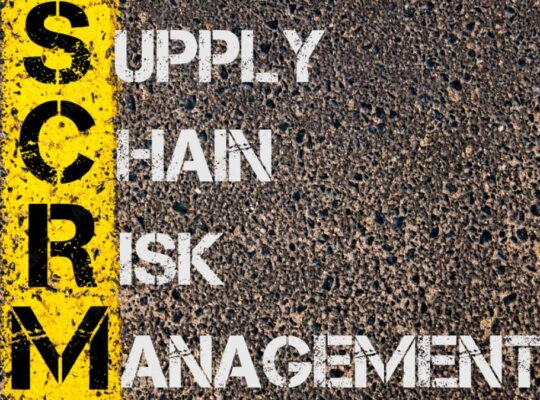Introduction:
In today’s interconnected global economy, ethical sourcing and supply chain transparency have become paramount for businesses seeking to maintain competitiveness and consumer trust. This blog post will delve into the significance of these practices, highlighting their benefits and providing practical tips for implementation.
Why Ethical Sourcing Matters:
“We must act now to ensure that our supply chains are not only sustainable but also ethical.” – Christiana Figueres, Executive Secretary of the UN Framework Convention on Climate Change
Ethical sourcing involves ensuring that goods and materials are obtained through responsible practices that respect human rights, labour standards, and environmental protection. By adopting ethical sourcing principles, businesses can:
Enhance Reputation and Brand Value: Consumers increasingly expect companies to operate ethically, and transparency builds trust and loyalty.
Mitigate Supply Chain Risks: Ethical sourcing reduces the risk of disruptions caused by labor disputes, environmental disasters, or regulatory violations.
Promote Social and Environmental Responsibility: Businesses have a duty to contribute positively to society and protect the environment.
The Importance of Supply Chain Transparency:
“Transparency is not just about sharing information. It’s about taking responsibility for the impact our businesses have on people and the planet.” – Helen Clark, Former Prime Minister of New Zealand
Supply chain transparency allows businesses to track and disclose information about the origin and movement of goods and materials. This transparency enables:
Enhanced Traceability: Identifying the sources and processing stages of products helps businesses identify and mitigate potential risks.
Improved Consumer Confidence: Consumers want to know where their products come from and how they were made. Transparency builds trust and confidence.
Regulatory Compliance: Many countries have introduced regulations requiring businesses to disclose information about their supply chains.
Tips for Implementing Ethical Sourcing and Supply Chain Transparency:
Conduct Thorough Due Diligence: Assess suppliers’ ethical practices, labour standards, and environmental policies.
Establish Clear Standards and Policies: Define acceptable sourcing practices and communicate them throughout the supply chain.
Engage with Suppliers: Collaborate with suppliers to improve ethical sourcing and transparency practices.
Utilize Technology: Leverage technology to track and monitor supply chain activities and ensure traceability.
Obtain Third-Party Certification: Consider obtaining certifications such as Fair Trade or Rainforest Alliance to demonstrate ethical sourcing commitments.
Conclusion:
Ethical sourcing and supply chain transparency are essential for businesses seeking to operate sustainably and responsibly. By embracing these practices, companies can enhance their reputation, mitigate risks, and meet the growing demands of consumers and regulators.
Samunnati Ventures:
As a leading management consulting company with expertise in various industries, Samunnati Ventures is committed to helping businesses implement ethical sourcing and supply chain transparency practices. Our team of experienced consultants provides tailored solutions to guide you through every step of the process. Contact us today to learn more about how we can support your sustainability and transparency journey.







